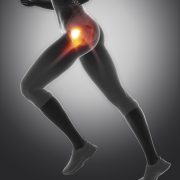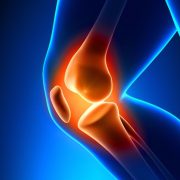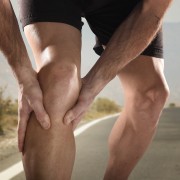Types of Hip Pain and Running
The hips play an important role during running. Running is essentially a single legged sport once you break down the movement. The hip not only helps propel the body forward but also is a stabilizer of the lower back and the leg during the gait cycle. Due to the demands placed on the hip, it is susceptible to overuse, and acute running injuries. A running doctor can help by diagnosing the problem correctly and developing a treatment plan to get you back to running pain free.
Common types of hip injuries found in runners
There are many types of running injuries that can occur at the hip. Pain may be felt in the front, outside,inside, or back of the hip. Certain cases runner’s will describe the pain as deep in the hip joint. We will categorize the most common types of injuries we see based on location of the injury:
Front hip pain in runners
- Hip flexor strain
- Rectus Femoris/quadricep strain
- Iliopsoas bursitis
- Iliopsoas tendinitis/tendinosis
- Rectus femoris tendinitis/tendinosis
- Hip impingement
- Hip labral tear
- Stress reaction/stress fracture
- Hernia
Outside hip pain in runners
- Gluteus Medius tendinopathy
- Iliotibial band syndrome
- TFL strain
- Trochanteric bursitis
Inside hip pain in runners
- Adductor strain
- Adductor tendinopathy
- Iliopsoas tendinopathy
- Hip impingement
- Hernia
Back hip pain in runners
- Hip osteoarthritis
- Hip labral tear
- Gluteal muscle strain
- High Hamstring injury
- Piriformis syndrome
- Low back pain referral
- Sciatica
To complicate the injury spectrum, there are cases where runners feel pain in the hip but is a referral from joint/nerve impingement from the lower back. Also if the hip is weak and injured, other injuries to the lower back, knee, shin, and foot may become prominent. Receiving a diagnosis from a running doctor trained in diagnosing and treating runners is very important.
Hip pain treatment
Our sports chiropractors at our Mission Valley office are trained to treat a wide variety of running injuries. We specialize in Active Release Technique, Graston technique, running form analysis, and rehabilitative/performance exercise. Schedule today to get evaluated by a running doctor who knows how to get your training back on track!







